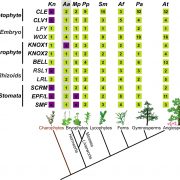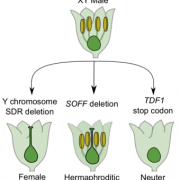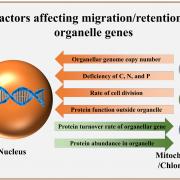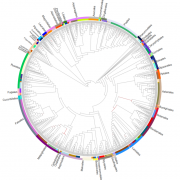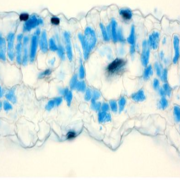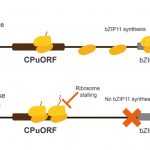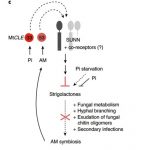Natural selection on the Arabidopsis thaliana genome in present and future climates (Nature)
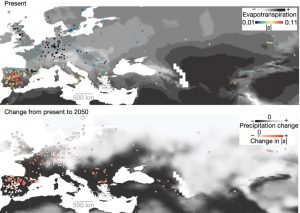 The rapidly changing climate will have profound effects on Earth’s ecosystems, but as yet it is difficult to determine exactly what these effects will be. Exposito-Alonso et al. have set up a large experiment to try to identify how a population’s genetic diversity will enable it to survive a future climate, by growing more than 500 natural accessions of Arabidopsis in Spain and Germany under different density and rainfall conditions. In the milder German conditions, representatives of all accessions survived and reproduced, but in the harsher Spanish conditions only 193 of the 517 accessions survived. They then examined how natural selection affected allele frequencies. Interestingly, many of the alleles that were under positive selection in the harsh conditions are under negative selection in the mild conditions (a phenomenon known as antagonistic pleiotropy). Starting with their data and the data from similar experiments, the authors built genome-wide environment selection (GWES) models to predict natural selection at various sites, essentially simulating field experiments. The models indicate that at the edges of Arabidopsis’ range, populations are at evolutionary risk. The authors point out that this proof-of-concept experiment can be adapted to design conservation strategies for at-risk species. (Summary by Mary Williams) Nature 10.1038/s41586-019-1520-9
The rapidly changing climate will have profound effects on Earth’s ecosystems, but as yet it is difficult to determine exactly what these effects will be. Exposito-Alonso et al. have set up a large experiment to try to identify how a population’s genetic diversity will enable it to survive a future climate, by growing more than 500 natural accessions of Arabidopsis in Spain and Germany under different density and rainfall conditions. In the milder German conditions, representatives of all accessions survived and reproduced, but in the harsher Spanish conditions only 193 of the 517 accessions survived. They then examined how natural selection affected allele frequencies. Interestingly, many of the alleles that were under positive selection in the harsh conditions are under negative selection in the mild conditions (a phenomenon known as antagonistic pleiotropy). Starting with their data and the data from similar experiments, the authors built genome-wide environment selection (GWES) models to predict natural selection at various sites, essentially simulating field experiments. The models indicate that at the edges of Arabidopsis’ range, populations are at evolutionary risk. The authors point out that this proof-of-concept experiment can be adapted to design conservation strategies for at-risk species. (Summary by Mary Williams) Nature 10.1038/s41586-019-1520-9


